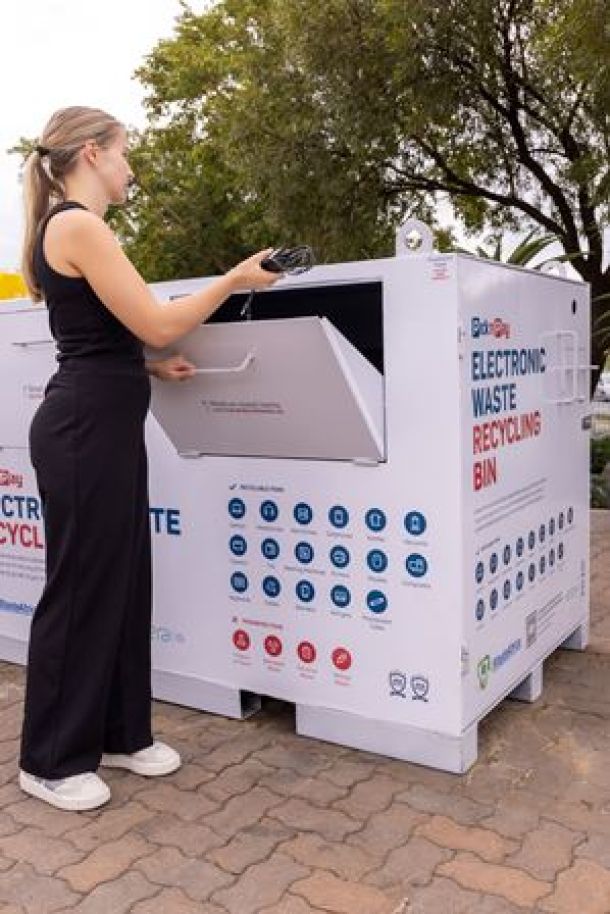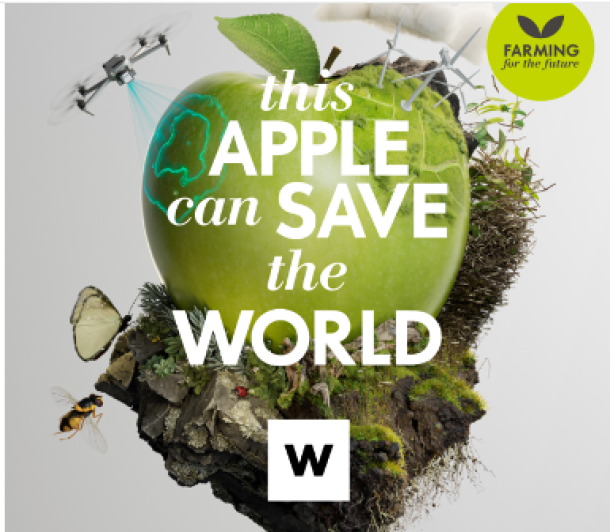The UK will ban plastic straws and cotton buds by 2020 – here are South Africa’s plans
Plastic straws, drink stirrers and cotton buds with plastic stems will be banned from sale and use in England from April 2020.
The Guardian reports that the move is hoped to vastly reduce the litter and other environmental impacts of the nearly five billion plastic straws currently used each year in the UK, along with more than 300 million plastic stirrers and close to two billion cotton buds with plastic stems.
“Urgent and decisive action is needed to tackle plastic pollution and protect our environment,” said environment secretary Michael Gove.
“These items are often used for just a few minutes but take hundreds of years to break down, ending up in our seas and oceans and harming precious marine life.
“So today I am taking action to turn the tide on plastic pollution, and ensure we leave our environment in a better state for future generations.”
The move has been widely praised by activist groups although some have argued that even greater steps can be taken to cut down on plastic waste.
“The items expected to be banned were only part of the plastic problem,” said Friends of the Earth campaigner Emma Priestland in an interview with The Guardian.
“These three items are just a fraction of the single-use nasties that are used for a tiny amount of time before polluting the environment for centuries to come,” she said.
South Africa
While South Africa has not made any firm commitments on the banning of plastics, at the end of February the Department of Environmental Affairs announced that it was in talks to phase out or completely ban plastic products like straws and microbeads in the country.
According to Mark Gordon, the department’s deputy director-general for chemical and waste management, the single-use products are considered to be unfriendly to the environment.
He added that single-use plastic products like earbuds, straws, stirrers, table cups, tableware and polystyrene packaging were especially harmful to the marine sector.
“We have started a discussion document that we have shared with a number of stakeholders and we are in the process of inviting comments around it,” he said.
“I think we presented previously around this on what would be their replacements.
“We know that to some extent there has been a replacement of plastic straws with paper straws and I am not sure if everybody likes it. There are bamboo straws, there are stainless steel reusable straws,” he said.
He said whenever the department does beach clean-ups, earbuds and plastic stirrers featured high up on the list of the waste and added that these posed a great danger to marine species.
“We are prioritising this. We have identified the priority products that we need to address and we are doing this in a matrix where we look at these products – what are the compostable alternative availability, the cost of the alternative, the market readiness in terms of availability in South Africa – and we are really quantifying every aspect of this to look at its market readiness.
“We don’t want to unnecessarily (intervene) where we were going to really skew markets and people will be out of work and there are issues around jobs and all of that and we are working really closely with the industry.
“In all of them, the status is that we are still in consultation with the industry, consumer groups and the retailers on how we could phase out or ban these products and what would be the replacement and alternatives for them,” he said.
Private companies
A number of private South African companies have also announced that they will be removing plastics from their products.
These include:
- Woolworths has announced that it will be introducing more ‘plastic shopping bag free’ stores across the country;
- Pick n Pay has announced that it will phase out plastic straws and trial paper bags.
- Samsung has announced that it will start taking steps this year to replace plastic packaging materials with paper and other environmentally sustainable elements;
- Vodacom announced plans to ban plastic in its stores.
Liberty Two Degrees (L2D) – with a property portfolio including Sandton City, Eastgate and Melrose Arch – also recently announced that it will appoint a ‘no plastic shopping bags’ policy across its malls by 1 January 2020.
The company said that it has partnered with an Alexandra community-based organisation called Bana Bags to introduce plastic free bags into its centres to ensure the continuation of education to encourage sustainable and environmentally friendly ways of doing business.
It has also initiated the introduction of recycling drop-off booths in Sandton City and at Eastgate Shopping Centre and will be rolling this out throughout its portfolio.
News Category
- International retailers
- On the move
- Awards and achievements
- Legislation
- Wine and liquor
- Africa
- Going green
- Supplier news
- Research tools
- Retailer trading results
- Supply chain
- Innovation and technology
- Economic factors
- Crime and security
- Store Openings
- Marketing and Promotions
- Social Responsibility
- Brand Press Office
Related Articles

Pick n pay upcycles air-conditioning systems, s...

Shoprite Group opens pathways to job opportunit...

Pick n Pay empowers shoppers in the fight again...

Massmart implements early leak detection techno...


